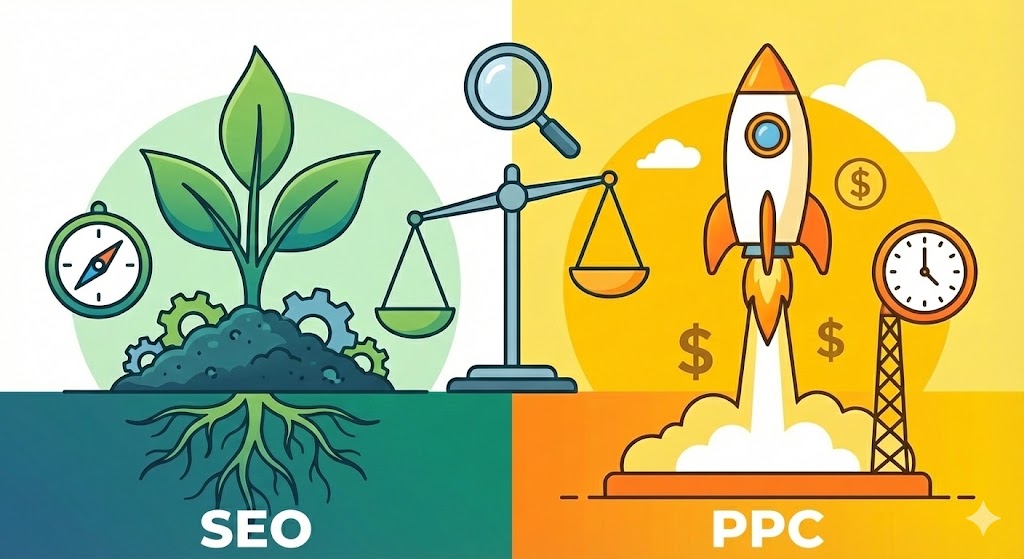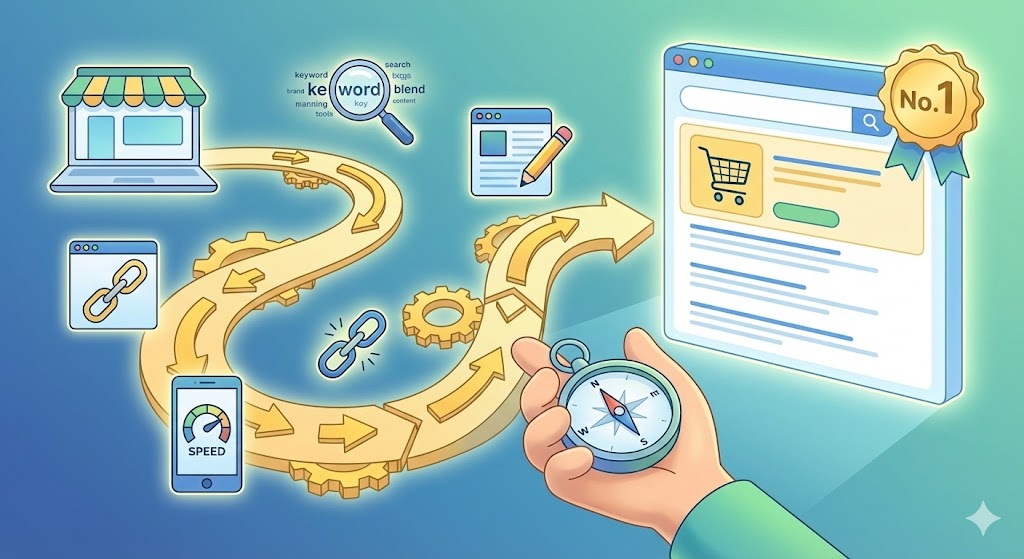Understanding the Online Shopper’s Mindset
Online shopping make decisions based on emotions, convenience, and trust. They rely on subconscious triggers, making it crucial for businesses to create a seamless experience.
The Role of Visual Appeal in Purchase Decisions
Images, colors, and layout influence buyer perception. A well-structured website with high-quality visuals attracts attention and builds credibility. Customers are more likely to trust and purchase from aesthetically pleasing stores.
Emotional Triggers That Drive Sales
Emotions play a crucial role in online purchases. Fear of missing out (FOMO), urgency, and social proof influence buyer behavior. Limited-time offers and scarcity tactics encourage immediate action.
Trust Signals That Boost Conversions
Consumers look for credibility markers before making a purchase. Secure payment options, customer reviews, and clear return policies build trust. Displaying certifications and testimonials reassures hesitant buyers.
The Power of Persuasive Copywriting
Compelling product descriptions and persuasive headlines capture attention. Using power words like “exclusive,” “guaranteed,” and “limited” boosts engagement. Writing in a conversational tone increases relatability and trust.
Personalization Enhances Customer Experience
Tailoring shopping experiences based on user behavior increases conversions. Personalized recommendations and targeted emails create a sense of exclusivity. Customers appreciate brands that understand their preferences.
The Impact of Social Proof on Buying Behavior
Shoppers trust peer recommendations over brand claims. Featuring user-generated content, testimonials, and influencer endorsements increases credibility. People are more likely to buy when they see others doing the same.
The Role of Pricing Psychology
Strategic pricing influences purchasing decisions. Odd pricing creates a perception of affordability. Bundling products and offering discounts enhance perceived value.
Seamless Checkout Experience Reduces Cart Abandonment
Complicated checkout processes lead to lost sales. Offering guest checkout, multiple payment options, and a smooth interface minimizes drop-offs. Transparency in shipping costs and return policies eliminates last-minute hesitations.
Conclusion: Mastering Online Shopping Psychology
Understanding buyer psychology enhances sales and customer loyalty. By leveraging emotions, trust signals, and personalization, businesses can optimize their online stores. Implementing these strategies ensures a competitive edge in e-commerce.




